Brighter Tomorrow: Help the children of Babag, Philippines
In the mountains of Cebu, child sponsorship has the power to send children to school safely and encourage them to chase their dreams.
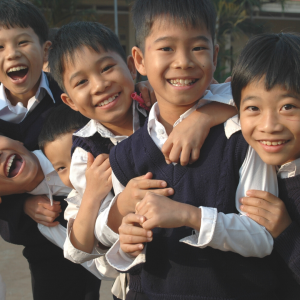
Child sponsorship has been found to be one of the most effective ways to relieve poverty.
At Children of the Mekong, we aim to support children in need and help them get out of the vicious circle of poverty using the power of education.
With only 28£ a month, you can help us cover most school-related costs including tuition, uniforms, tutoring, furnitures and much more.
However, one recurring question future sponsors often ask themselves is: How long will my sponsorship last?
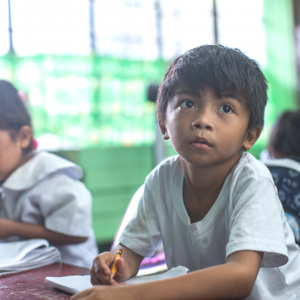
Here, at Children of the Mekong, we are very proud to say that sponsored children usually stay in our programmes for an average of 9 years.
This means that thanks to your sponsorship, they are able to go through primary and secondary education and in some cases, all the way to university.
As long as they are part of Children of the Mekong, we will support them, look after them and encourage them to aim higher.
However, each sponsorship is unique and even if on average children spend 9 years in our programmes, many factors still need to be taken into account.
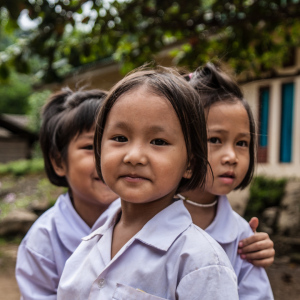
First of all, all children are different and come from very distinct backgrounds. Whether it is due to their country’s laws or their familial context, each child does not join our programmes at the same time and while some of them are taken on board at a young age, others may only join us in the last 5 years of their schooling.
Furthermore, the sponsorship length will also depend on whether your sponsored child has the possibility and motivation to continue studying all the way up to university. In this case, depending on the country and the field of study chosen, years of schooling may be extended for another 2 to 5 years.
If this happens, we might ask you to upgrade your sponsorship to 43£ to provide for the additional costs linked to higher education. However, this is not systematic.
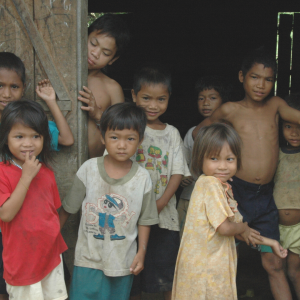
And finally, despite our efforts, some children may drop out or start working earlier. This decision may be due to a need to help their families financially or because they have lost their motivation to go to school regularly.
If that’s the case and if you still wish to sponsor a child within the same community, we can always transfer your sponsorship onto another family member or onto another child in need. On the other hand, if you find yourself unable to continue with us, your sponsored child will still be supported by Children of the Mekong and we will do our best to find another sponsor as quickly as possible.
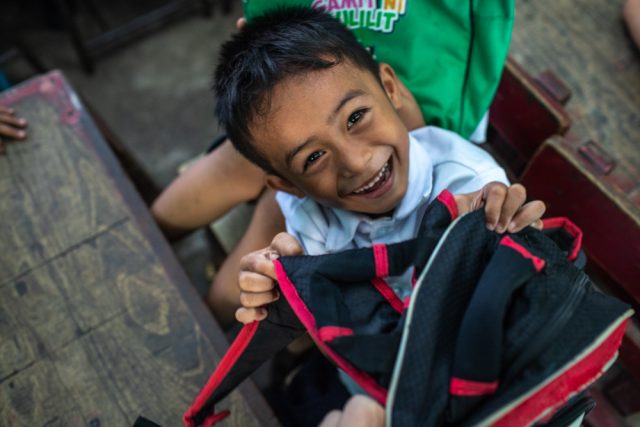
However, regardless of the specificities of your sponsorship or of how long you decide to sponsor with us, your decision to join our fight will have a life-long and sustainable effect on your sponsored child.
Even if some of our sponsored children have decided to drop out of school after a few years or even if they didn’t go all the way up to university, we know that the skills and knowledge they have learnt in school will be valuable and will help them. We also cannot ignore the power of the trickle-down effect.
Every sponsored child is part of a community so we know that by going to school their new knowledge can be passed down to brothers, sisters, neighbours, and friends, creating a sustainable and life-long impact.
Sponsoring a child can last for 2, 4, or even in the best cases 9 years.
However, the length of sponsorship does not necessarily have to be measured in years and can actually be evaluated by looking at the impact of the sponsorship on the children and the people surrounding them.
Therefore, even if sponsorship will benefit each child differently and for a different timespan, we know that is a sustainable and reliable solution to fight poverty.
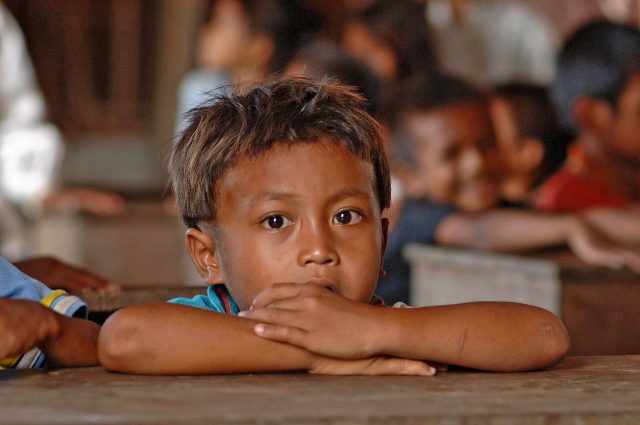
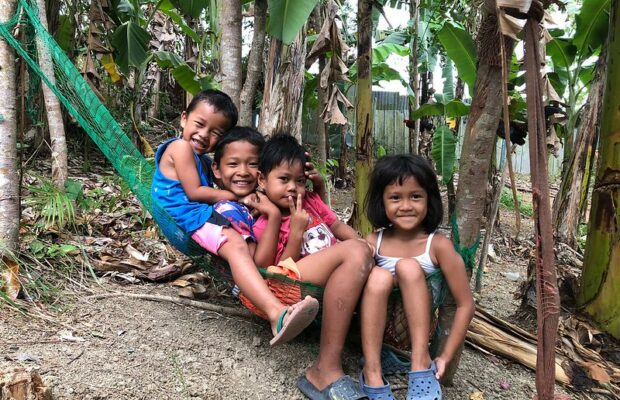
In the mountains of Cebu, child sponsorship has the power to send children to school safely and encourage them to chase their dreams.
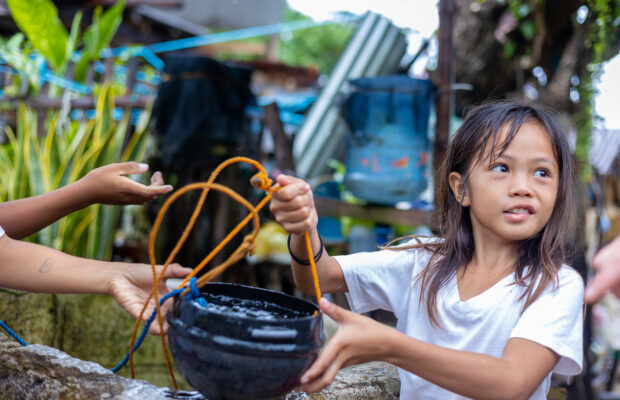
In the small town of Liboro, Philippines, sponsorship has the possibility of transforming the lives of young people by sending them to school.
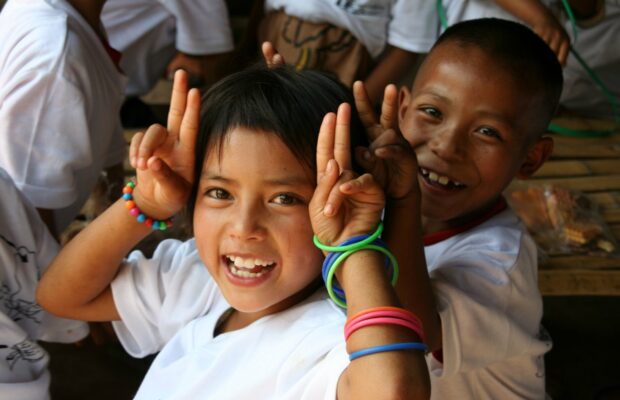
In this neglect community not far from Bangkok, sponsorship is vital in supporting the basic needs of families, enabling their children to attend school. […]
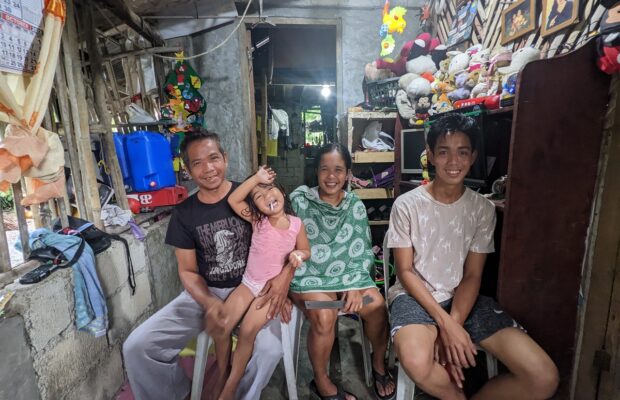
In this isolated region in the north of the country, it is difficult if not impossible for the poorest families to send their children […]
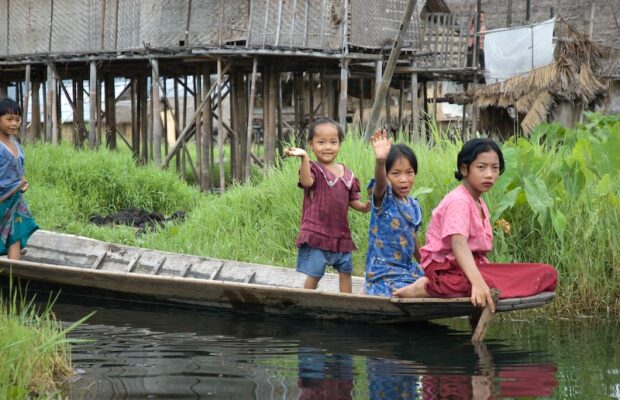
The current situation in Myanmar is more than complex – ethnic minorities are torn between a political crisis, increasing poverty, drug and human trafficking […]

Urban poverty is appalling in the Philippines. Sponsor a child today and give them the chance to get out of poverty thanks to the […]
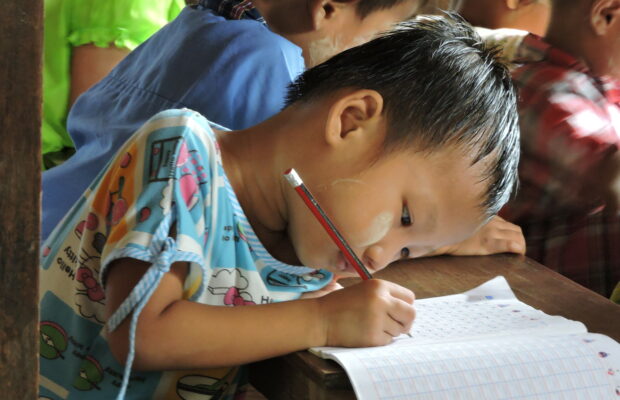
It is a real challenge for children in Tedim to go to school. This child sponsorship is a unique opportunity for these children to […]
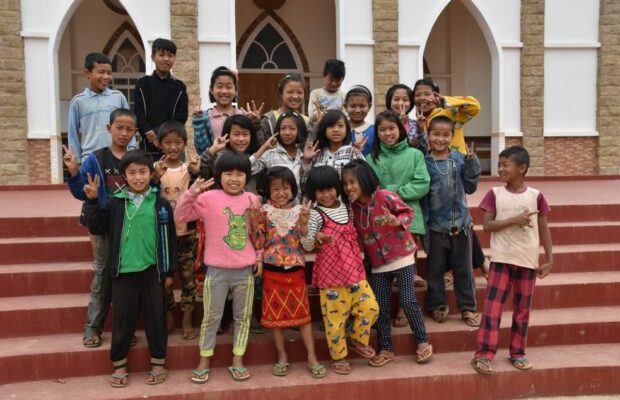
The Nam Khai programme supports the education of children who live in an isolated rural region plagued by armed conflict, drug trafficking and human […]
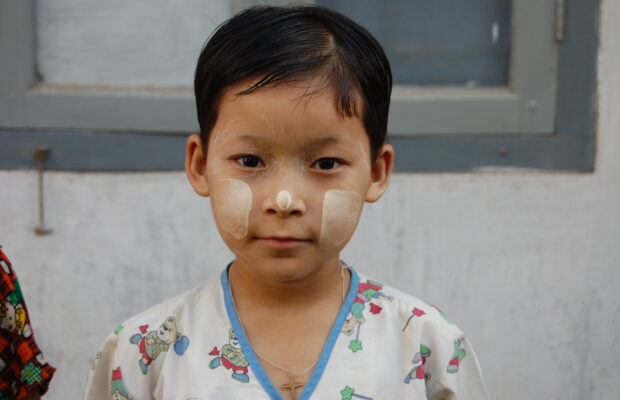
Sponsor a child from Myanmar
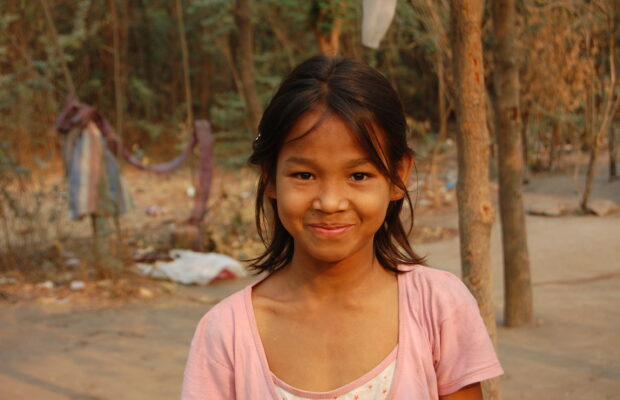
The Kyauk Tan centre, located east of Yangon, caters to children from communities that live on the margins of development. One-third of the children […]